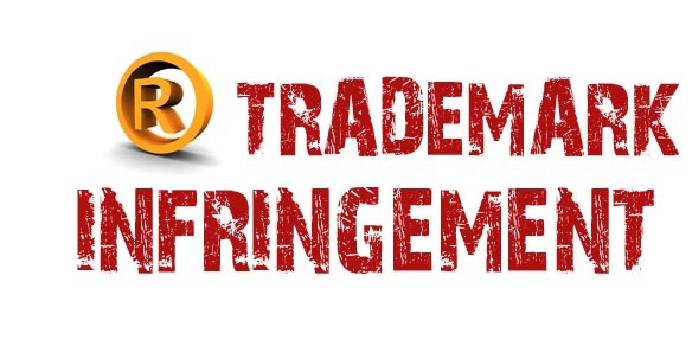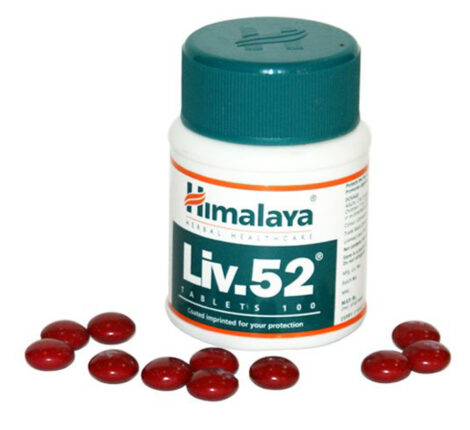Remedies Against Trademark Infringement
INTRODUCTION
In today’s fast-moving scenario, privacy has become a part of everyday life. Intellectual Property Rights empowered people to sustain the ownership and exclusive rights of their creative and innovative products and ideas.
Trademark is not always a brand but the brand is always a trademark. The only difference between brand and trademark is that brand is simply a symbol or logo but the trademark is a distinctive sign or indicator in the industry. A trademark can be a logo, picture, mark, or slogan.
Trademark infringement can be understood as unauthorized access or usage of your brand name and trademark. Any deceptive or illegal branding that can cause confusion in any manner with your goods and services fall under the ambit of trademark infringement.
TRADEMARK LAWS IN INDIA
To comply with TRIPS (Trade-Related aspects of Intellectual Property Rights), India replaced its previous laws with the Trademark Act, 1999. It was an obligatory recommendation by the WIPO (World Trade Organization) to protect the users of trademark and provide them legal remedies in cases of infringement of their mark.
Trademark is an owner’s identity and saves its brand name from unauthorized access. Designation of Trademark can be identified from:
– ™ is used for an applied but unregistered trademark.
– ® is used for any registered trademark
Trademark Act, 1999 provides an appellate body, IPAB (Intellectual Property Appellate Board) for speedy disposal of the cases related to infringement of trademarks and provide enhanced punishment for trademark offenders and retain the exclusive use of it to the owner.
In the case of civil infringement, the court may order for: –
– A temporary and permanent injunction
– Destruction of the goods produced from an infringed trademark
– Retrieve the cost of legal proceedings
In the case of criminal trademark infringement, the court may sentence for: –
– Six months to three-year imprisonment
– Rs.50000 – 200000 fine
WHAT CAUSES TRADEMARK INFRINGEMENT
The Act provides a well-elaborated definition of infringement. Police are empowered to take into custody the alleged infringer, in case of unauthorized usage of the mark that results in trademark infringement and consumer confusion. It increased the time duration of the Act of the registration and also registration of non-traditional trademarks. If the resemblance between words or images would not confuse the ordinary consumer of the goods then there will be no trademark infringement. If the trademark was used by honest practices of a company, not intending to take unjust advantage is also not a violation of the trademark law. The key factors that can be considered in an infringement case are:
– Degree of similarity
– Where and how the goods and services are advertised, marketed, and sold
– The conditions of purchasing
– Defendants intention to adopt the mark
– Strength of the plaintiff’s trademark
– Whether there is any evidence of actual confusion
– Quantity and quality of pieces of evidence also play a major role
LEGAL PROCEDURE FOR TRADEMARK INFRINGEMENT
A trademark infringement case is to be filed in a district court where the person is instituting the claims to be made. The applicant must provide evidence of registration of trademark and its use. Records of communication with the Trademark Registrar and trademark registration certification can prove to be strong evidences against the alleged infringer/unauthorized user of the mark. Some other important elements like deceptive similarity, causing detriment to proprietor’s business, unfair use of need to be demonstrated. Eligibility criteria to file a suit for trademark infringement:
– If another business or industry use your trademark to represent their product in a deceptive/unauthorized way.
– If their brand name causes consumer confusion in the market while comparing it with your product.
– If the brand name harms the exclusive rights of the registered trademark holder.
– The similarity in shape and color would also amount to trademark infringement.
– In case, the distinctive elements of your trademark are words, the trademark can infringe by written, spoken use of these words as well as including them in visual representation by another company. Thus, even phonetic similarity is punishable.
REMEDY VALUATION OF TRADEMARK INFRINGEMENT
There are several remedies given by the court, some before the final hearing, the Court can grant an interim injunction. This happens when an irreparable loss to goodwill has been caused. The court may award two types of damages, punitive and compensatory. Punitive damages are to punish the offender and compensate for business losses. Moreover, the government can order to destroy the product of infringing marks and compensate for legal proceedings.
Criminal Remedies:
For criminal infringement maximum punishment is three years of imprisonment or fine or both. Offenses under the Act are cognizable. At the time of the raid, police are empowered to seize the infringing goods and take into custody the unauthorized user of the mark. Complaints about criminal remedy can be filed under Section 103 or 104 of the Act.
Administrative Remedy:
Section 11 of the Indian Customs Act 1962, states that the government can prohibit the import and the export of the goods to protect the exclusive rights of the registered trademark owner. Goods that are imported or exported in the contravention of the laws are liable to be confiscated. These rules comply with the TRIPS (Trade-Related Aspects of Intellectual Property Rights) under border measures. These rights empower Custom Officers to protect the Intellectual Property of individual’s imported or exported goods. These officers can investigate, siege, and destroy the suspended article.
Some Cases of Trademark Infringement:
– Marico Limited vs Abhijit Bhansali Bombay High Court): Marico Limited has filed an application in Bombay High Court seeking an interim injunction against Abhijit Bhansali a YouTuber/ V-blogger. It was stated that Abhijit in his video denigrated Marico’s Parachute Coconut Oil, thereby causing infringement to its trademark ‘Parachute’. It was held that under the garb of educating the people one cannot provide fake information to disparage any product. Videos uploaded by Bhansali have also been taken down.
– Imagine Marketing Pvt. Ltd. vs Exotic Mile (Delhi High Court): A case was filed in the violation of trademark infringement of “boAt”. An interim injunction was passed by Delhi High Court against Exotic Mile. It was contended that Exotic Mile adopted the trademark “BOULT” that is phonetically similar to “boAt”. It was mentioned that the tagline “UNPLUG YOURSELF” by exotic mile confusing with the tagline “PLUG INTO NIRVANA”. The court restrained Exotic Mile from using “BOULT” and “UNPLUG YOURSELF”.
– Nike Innovate C.V vs G.B Shoe (Patiala House Court, New Delhi District): A permanent injunction was passed against the defendants three footwear companies G.B Shoe, Vishal Footwear, and New Hira Shoes located in Agra, for violating the trademark of Nike. It was held that the trademark NIKE, SWOOSH (logo) is infringed by the defendant and created confusion among the customers. The court ordered to pay a sum of Rs. 50000 by each defendant to Nike for nominal damages.
CONCLUSION
In India, trademark infringement is a common offense among the industries. There are many laws to protect the exclusive rights of the owner, which seems inadequate and non-rigorous. Loopholes in the procedure carried out to eliminate infringement cause an obstacle in the execution of the law in its true spirit.
India is in a desperate need to make the laws more applicable and stricter. One of the most important aspects of Intellectual Property Rights is trademarks. It is the dire need of the present day to protect the trademark because every businessman or a manufacturer of any good wants his mark to be different, eye-catching, and should be easily distinguishable from others. Innovative activities will be terminated if the IPR protection is not strong enough. Protection is required to prevent the exploitation of creativity and inventions.




